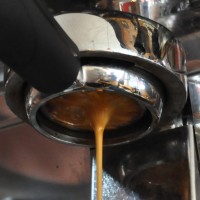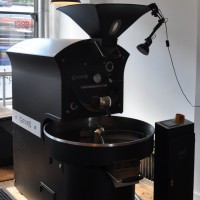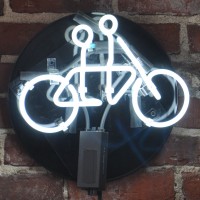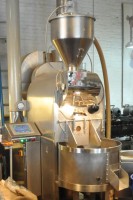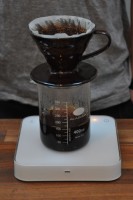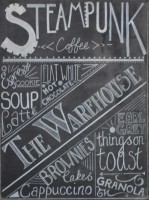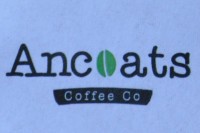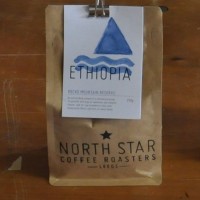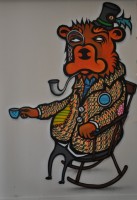 Nottingham’s speciality coffee scene has come a long way since I first visited 2½ years ago, coming away disappointed. Now there’s a flourishing café scene, led by the likes of 200 Degrees, Wired Café Bar, The Pudding Pantry and, out in Beeston, Greenhood Coffee House. However, a good coffee scene needs local roasters too, and Nottingham is now blessed with both 200 Degrees Coffee Roasters and, more recently, Outpost Coffee Roasters.
Nottingham’s speciality coffee scene has come a long way since I first visited 2½ years ago, coming away disappointed. Now there’s a flourishing café scene, led by the likes of 200 Degrees, Wired Café Bar, The Pudding Pantry and, out in Beeston, Greenhood Coffee House. However, a good coffee scene needs local roasters too, and Nottingham is now blessed with both 200 Degrees Coffee Roasters and, more recently, Outpost Coffee Roasters.
Although a new name to the speciality coffee world, Outpost brings a wealth of experience in its founders, Greg and Alex. Greg has a long and distinguished history in coffee roasting, having owned Café Boutique, while Alex used to manage The Bean, a family-run coffee shop in Beeston (Alex’s mother still owns it). Greg wanted to take things to the next level and start roasting speciality coffee, while Alex wanted to branch out from the role of barista/shop manager. Together with Liz, who does the all-important admin, they make the perfect team.
Outpost has a training facility/espresso lab in a lovely first-floor space on Stoney Street, in Nottingham city centre, while the roasting takes place in an industrial estate on the city’s outskirts, using a 10kg Petroncini from Italy.


